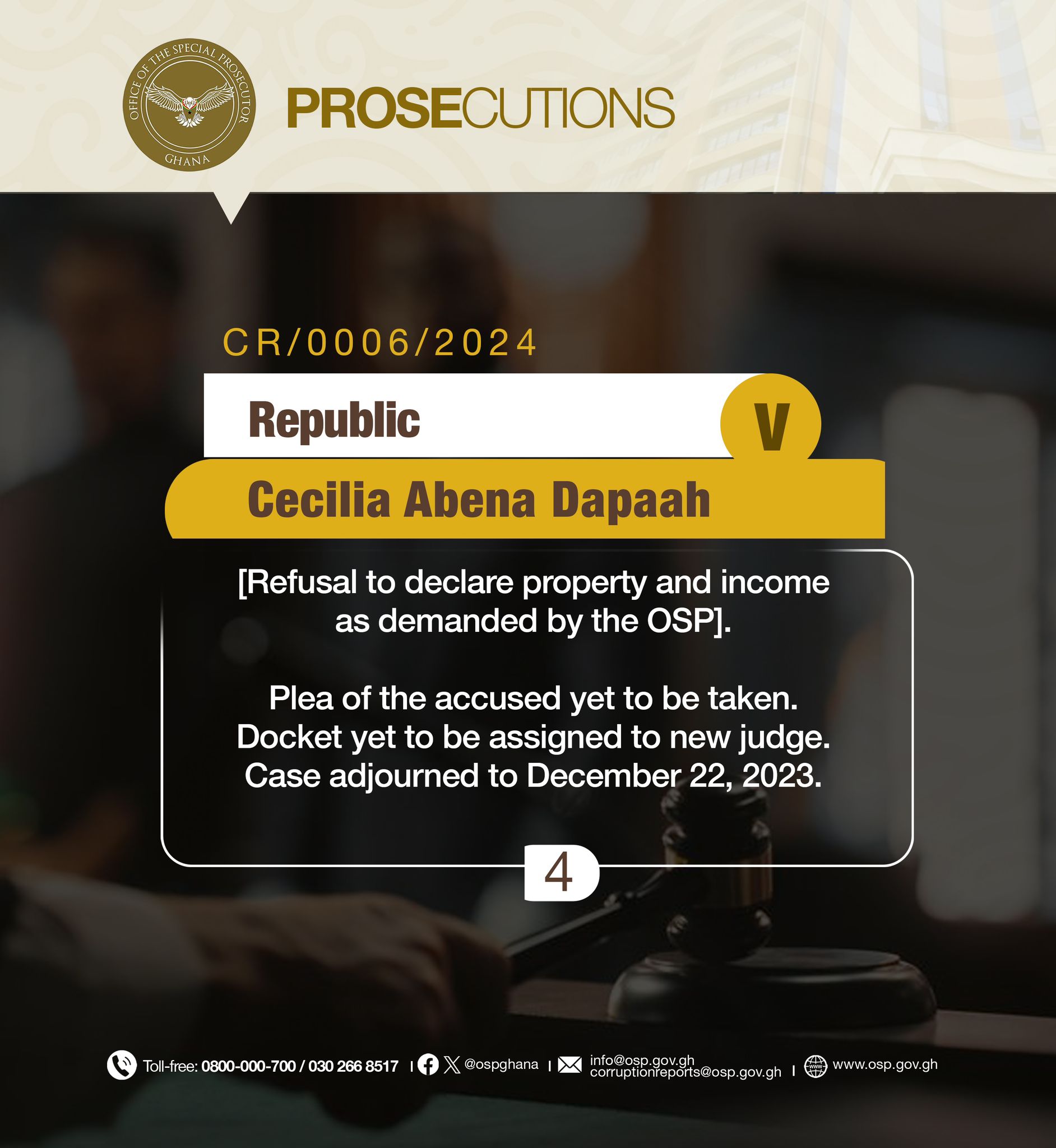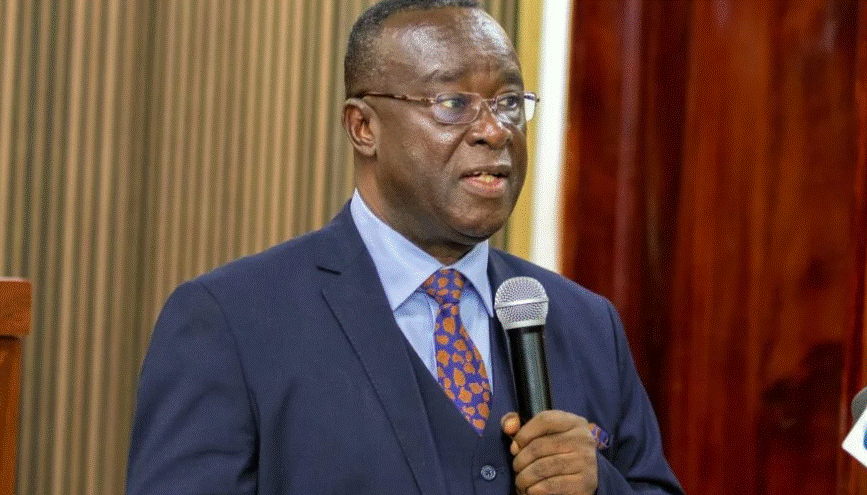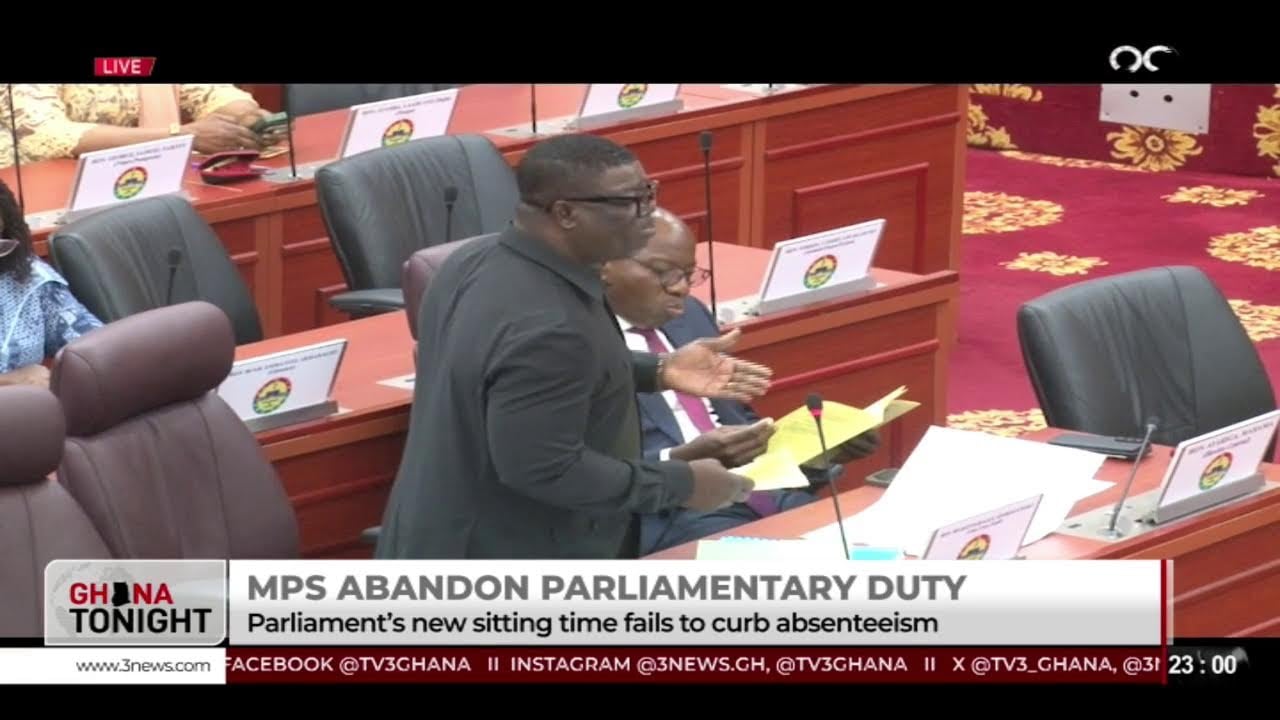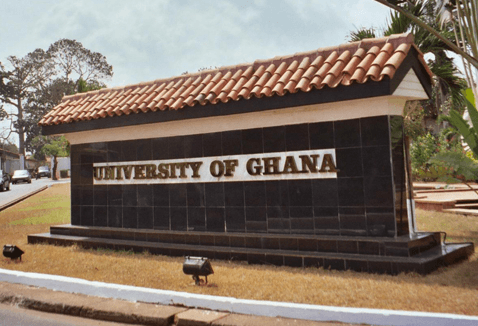
- demands fairness, factual clarity
- disputes GH¢125m recovery claim, says records tell a different story
- but President Mahama directs termination of contract
Strategic Mobilisation Ghana Limited (SML) has strongly pushed back against the Office of the Special Prosecutor’s (OSP) recent claims regarding its operations and contracts with the Ghana Revenue Authority (GRA), urging that national discussions on revenue assurance be grounded in verified facts rather than conjecture. This is despite a directive from President John Mahama to the Finance Minister, Dr. Cassiel Ato Forson to terminate the contract between the government and SML Ghana.
In a detailed press release issued following the OSP’s October 30 briefing, SML described many of the claims made about its work as inaccurate and misleading. The company reaffirmed its full cooperation with lawful review processes and maintained that its operations were transparent, performance-based, and subject to strict oversight.
“We will present all relevant documents before the appropriate authorities. We remain proud of the work done, the controls that governed it, and the measurable value created for Ghana,” a statement from the company said, adding that “The rule of law is our compass. Fairness, transparency, and evidence must guide the national conversation.”
Ownership and independence
SML reiterated that it is a wholly Ghanaian-owned private company incorporated under Ghanaian law, with directors, shareholders, and beneficial owners publicly registered with the Registrar of Companies. It dismissed claims that the company was politically connected or owned by current or former public officials, saying such assertions were “inconsistent with official corporate records.”
The statement countered speculation that SML’s government contracts were influenced by political patronage. The company said its ownership structure and governance framework were fully transparent and open to public scrutiny.
Responding to what it called “misconceptions” about its work, SML outlined the four areas covered under its engagement with the GRA: transaction audit and external price verification, measurement audit for downstream petroleum products, upstream petroleum audit, and solid minerals revenue audit — the last two still pending regulatory approval.
According to SML, these services were designed to help the government identify under-invoicing, mispricing, and revenue leakages in key sectors, while providing real-time monitoring and reconciliation systems. It explained that the arrangement with the GRA was a “risk-and-reward” contract, under which payments were tied to measurable deliverables verified by the contracting authority.
Measurable results
SML defended its record by pointing to “clear, verifiable performance data.” The company said its downstream petroleum monitoring systems had generated approximately GH¢20 billion in verified revenue for the State and led to a 92 percent increase in taxable volumes. It added that its transaction audit work had contributed to a 33 percent increase in import clearance revenue.
The company said these results had been validated by both the GRA and the Ministry of Finance through audit trails, reconciliation records, and supervisory reports. It stressed that all its audit systems were developed at its own cost and risk, without any financial support from the State.
Disputing GH¢125 million recovery claim
SML challenged the OSP’s recent claim that GH¢125 million is to be recovered from the company, describing it as “factually incorrect.” It said available evidence indicates the opposite, that the State owes SML, not vice versa. The company stated that its verified performance data and reconciliation reports from the GRA clearly contradict the OSP’s assertion. “All payments were tied to verified deliverables and measurable outputs. Oversight mechanisms included technical validation, reconciliation, and confirmation by the GRA before any disbursement,” the statement said.
The company also sought to clarify the basis of its payments, stating that it operates within a pre-existing Automated Remittance Model managed by the GRA. This model, it said, predates its contracts and governs the distribution of revenue-based allocations to various entities including Ghana Link, the Ghana Standards Authority, and the Ministry of Finance.
Under this system, payments are formula-driven and not based on invoices raised by contractors. SML said isolating its receipts from the broader framework was misleading and failed to reflect how the national revenue system operates.
Duplication and technical competence
SML rejected claims that its work duplicated existing government functions, stating that its role was to complement the GRA’s oversight through the introduction of real-time digital monitoring systems. It argued that its solutions have strengthened transparency in sectors that previously relied on fragmented, manual data collection.
The company also said its equipment and systems had been inspected and certified by the Ghana Standards Authority (GSA) as accurate and fit for purpose. It noted that any claims to the contrary were “factually incorrect” and could be disproven by certification records available on request.
Clarifying the West Blue connection
SML further distanced itself from allegations linking it to the termination of West Blue Consulting’s contract with the GRA. It stated that West Blue’s work on the National Single Window and Customs Automation platforms was entirely separate from SML’s mandate, which focuses on transaction audit and reassessment of customs valuation reports.
“It was Ghana Link’s ICUMS, not SML, that succeeded West Blue’s system,” the statement said, adding that claims about meetings between its executives and government officials involved in the West Blue contract were unfounded.
Name change
On the issue of its name change from Strategic Mobilization Enhancement Limited (SMEL) to Strategic Mobilisation Limited (SML), the company described the move as a straightforward branding decision undertaken in compliance with all registration procedures. It said the change was for “clarity and simplicity” and had no connection to the allegations of concealment suggested by the OSP.
Call for fairness and due process
SML further called for fairness, due process, and a focus on evidence. It said the national debate on revenue assurance should be guided by verified facts, not political speculation or assumptions. “The facts remain clear. SML is a Ghanaian-owned company, its contracts were performance-based and verified by the GRA, and its systems have contributed significantly to national revenue,” the statement said.
The company added that it would continue to cooperate with all lawful investigations but emphasised that the OSP’s claims must be supported by data and documentation if public confidence in accountability institutions is to be maintained.
The post SML pushes back against OSP claims appeared first on The Business & Financial Times.
Read Full Story






















Facebook
Twitter
Pinterest
Instagram
Google+
YouTube
LinkedIn
RSS